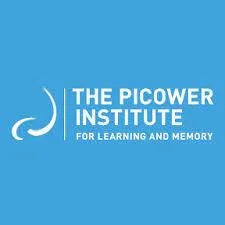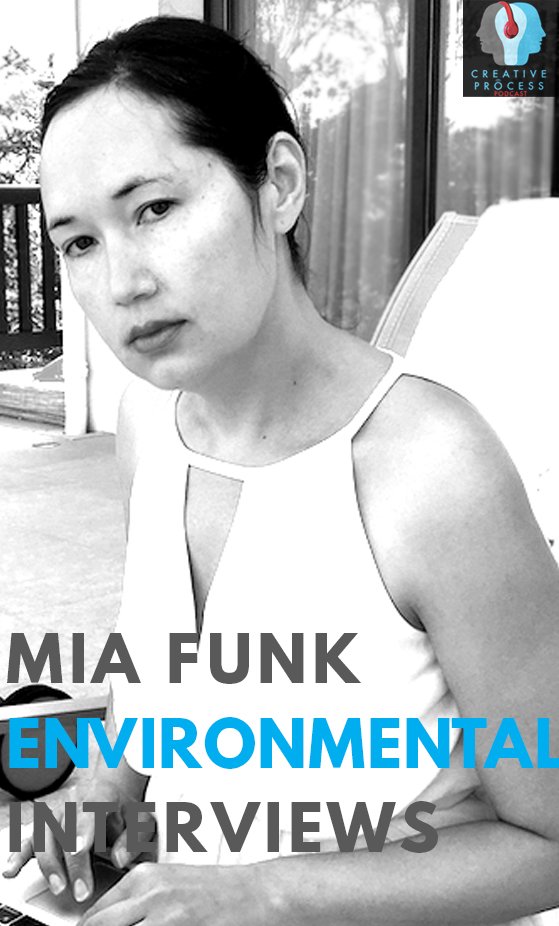DAVID SIMON
/David Simon is Professor of Development Geography and Director for External Engagement in the School of Life Sciences and the Environment, Royal Holloway, University of London. He was also Director of Mistra Urban Futures, Gothenburg, Sweden from 2014–2019. A former Rhodes Scholar, he specialises in cities, climate change and sustainability, and the relationships between theory, policy and practice, on all of which he has published extensively. At Mistra Urban Futures, he led the pioneering methodological research on comparative transdisciplinary co-production. His extensive experience includes sub-Saharan Africa, South and Southeast Asia, the UK, Sweden and USA. From 2020-21, served as a Commissioner on the international Commission on Sustainable Agricultural Intensification (CoSAI), 2020-21. His most recent books as author, editor or co-editor are Rethinking Sustainable Cities: Accessible, green and fair (Policy Press, 2016), Urban Planet (Cambridge Univ Press, 2018), Holocaust Escapees and Global Development: Hidden histories (Zed Books, 2019), Key Thinkers on Development (2nd edn, Routledge, 2019), Comparative Urban Research from Theory to Practice: Co-production for sustainability (Policy Press, 2020), and Transdisciplinary Knowledge Co-production for Sustainable Cities: a Guide (Practical Action Publishing, 2021).
This interview was conducted by Mia Funk & Eric Rosin with the participation of collaborating universities and students. Associate Interviews Producer on this podcast was Jacob A. Preisler & Eric Rosin. Digital Media Coordinators are Jacob A. Preisler and Megan Hegenbarth.
Mia Funk is an artist, interviewer and founder of The Creative Process & One Planet Podcast (Conversations about Climate Change & Environmental Solutions).























